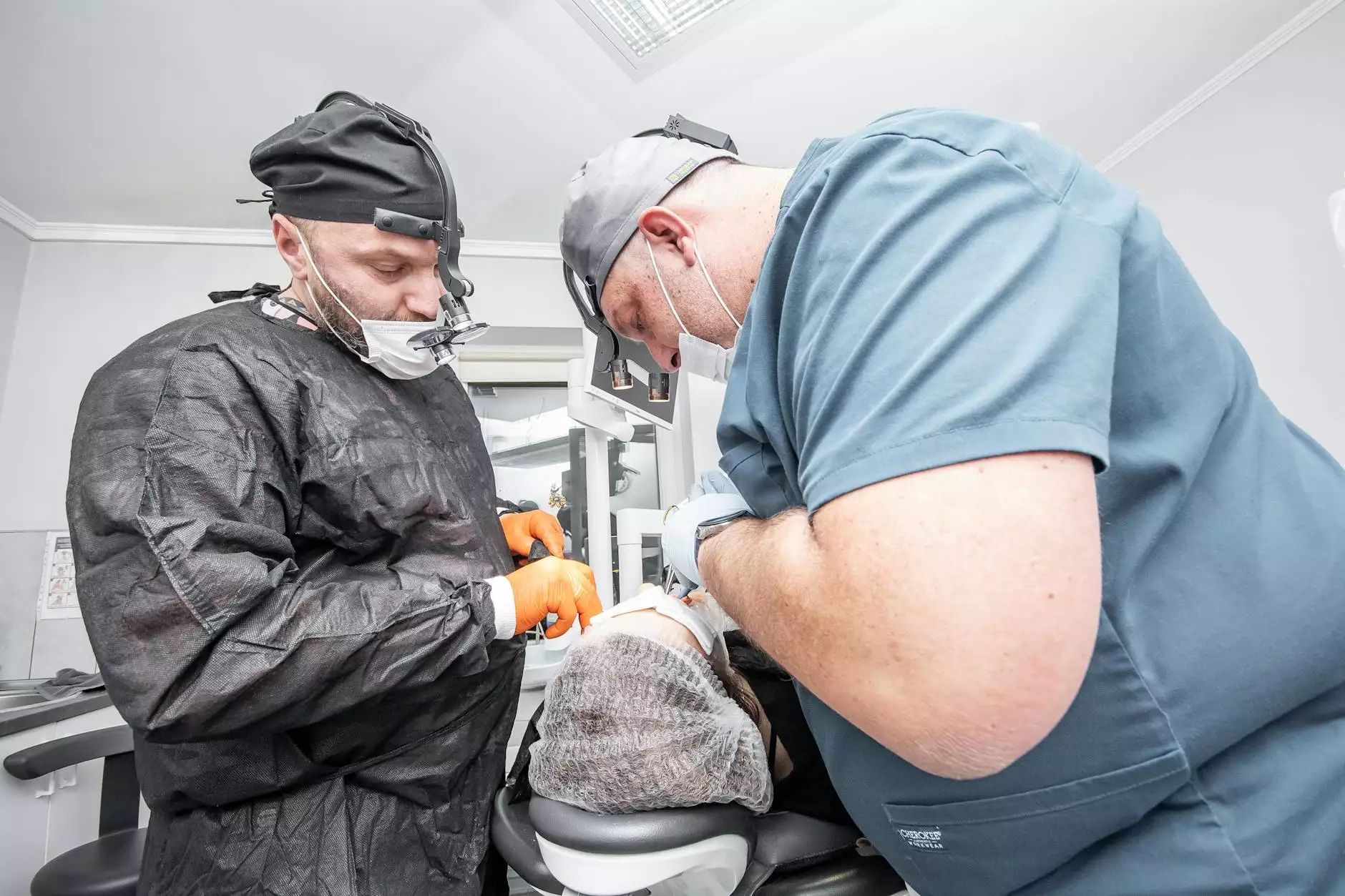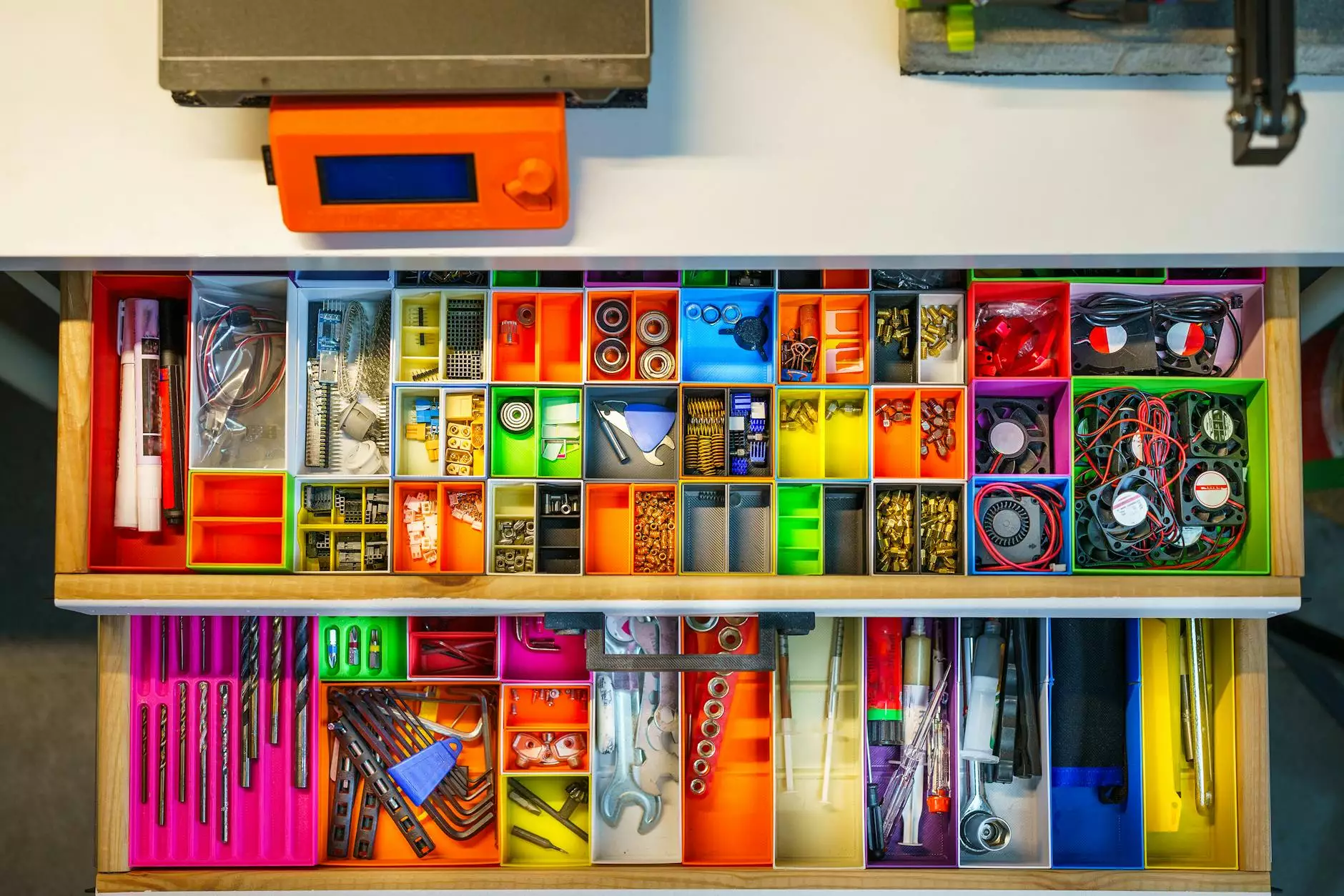Understanding Plastic Surgical Instruments: Essential Tools in Modern Medicine

Plastic surgical instruments are critical components in the realm of health and medical practices. They play a significant role in various surgical procedures aimed at improving both functionality and aesthetics. This article delves deep into the types, uses, and advantages of these instruments, making it a valuable resource for healthcare practitioners and medical suppliers alike.
The Importance of Plastic Surgical Instruments in Health
In the field of plastic surgery, the precise and delicate handling of tissues is paramount. The role of plastic surgical instruments cannot be overstated, as they are designed to meet the specific demands of intricate procedures. These tools not only facilitate effective interventions but also contribute significantly to positive patient outcomes.
Diverse Applications of Plastic Surgical Instruments
plastic surgical instruments are utilized across a range of medical disciplines. Here are some notable applications:
- Reconstructive Surgery: Essential for restoring appearances and functionality after accidents or congenital defects.
- Cosmetic Procedures: Includes facelifts, breast augmentations, and rhinoplasties.
- Dermatological Treatments: Often used in skin grafting and other skin-related surgeries.
- Orthopedic Surgery: Instruments like grafts and implants for tissue reconstruction.
Key Components of Plastic Surgical Instruments
The design and material composition of plastic surgical instruments are tailored to ensure durability, flexibility, and ease of use. Here are some key components:
- Handles: Ergonomically designed for a secure grip, minimizing fatigue during long procedures.
- Blades: High-quality stainless steel or specialized materials for precise cutting and incisions.
- Tips: Varied shapes and sizes to accommodate different surgical needs.
Types of Plastic Surgical Instruments
There is a vast array of plastic surgical instruments available, each serving a unique purpose. Let’s explore the common types:
1. Scalpels
Designed for making incisions with precision. Scalpel blades come in various sizes and shapes to ensure versatility.
2. Scissors
Used for cutting tissues. Different types include metzenbaum scissors for delicate dissection and mayo scissors for heavier tissues.
3. Forceps
A crucial tool for gripping and manipulating tissues. Forceps can be either “tissue” or “dressing” types, depending on their application.
4. Needle Holders
Specifically crafted to hold needles securely during suturing, needle holders provide a reliable grip for intricate work.
5. Hemostats
Used to clamp blood vessels to control bleeding. They come in straight or curved varieties to suit different surgical scenarios.
Materials Used in Plastic Surgical Instruments
The selection of materials in the manufacturing of plastic surgical instruments is crucial for ensuring the safety and effectiveness of these tools. Here are the primary materials:
- Stainless Steel: Provides strength, resistance to corrosion, and ease of sterilization.
- Plastics: Used in disposable instruments, offering safety and convenience.
- Titanium: Known for its lightweight and strength, especially in implantable devices.
Advantages of Using Plastic Surgical Instruments
The utilization of plastic surgical instruments carries numerous advantages, enhancing surgical experiences and outcomes:
1. Enhanced Precision
These instruments are engineered for accuracy, allowing surgeons to conduct delicate procedures with maximum control.
2. Reduced Risk of Complications
By employing the right tools, medical practitioners can significantly lower the chances of complications during surgeries.
3. Improved Recovery Times
Advanced instruments lead to less tissue damage, resulting in faster healing and recovery periods for patients.
Choosing the Right Supplier for Plastic Surgical Instruments
When it comes to procuring plastic surgical instruments, selecting a reputable supplier is vital. Here are key factors to consider:
- Quality Assurance: Ensure that the supplier adheres to international standards for medical equipment.
- Diverse Product Range: A comprehensive selection allows for a one-stop shop for all your surgical needs.
- Customer Support: Reliable customer service can provide invaluable assistance in selecting the right tools.
Conclusion
In conclusion, the significance of plastic surgical instruments in the medical field is immense. These tools not only enhance the precision of surgical procedures but also contribute to better patient outcomes and experiences. By understanding the types, materials, and applications of these instruments, healthcare professionals can optimize their practice and ensure the highest standards of patient care.
For healthcare providers looking for high-quality surgical tools, new-medinstruments.com is a premier destination for plastic surgical instruments that meet the rigorous demands of modern medicine.
With the right tools, surgeons can continue to change lives and improve the well-being of patients around the world.









